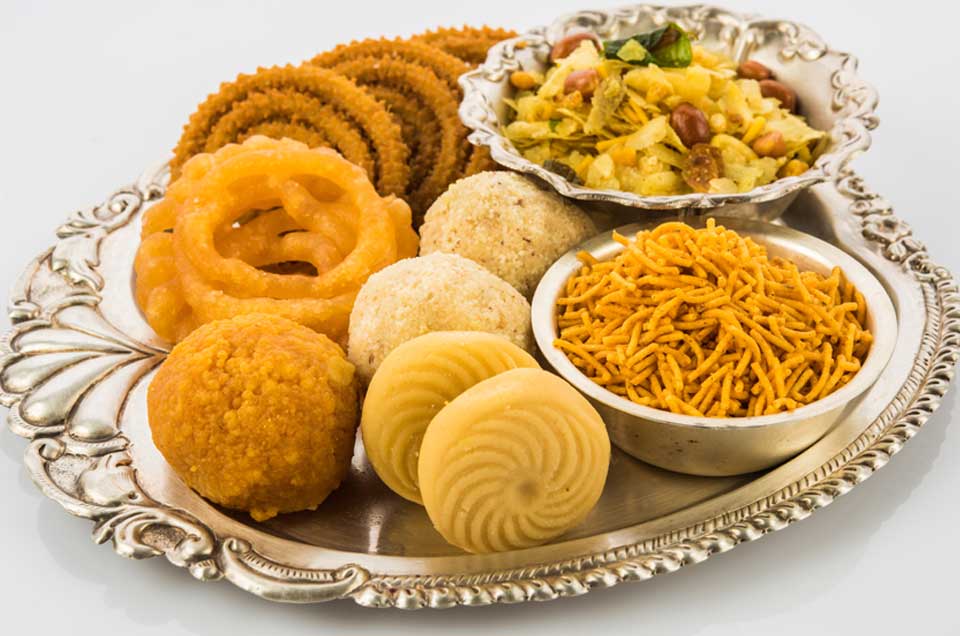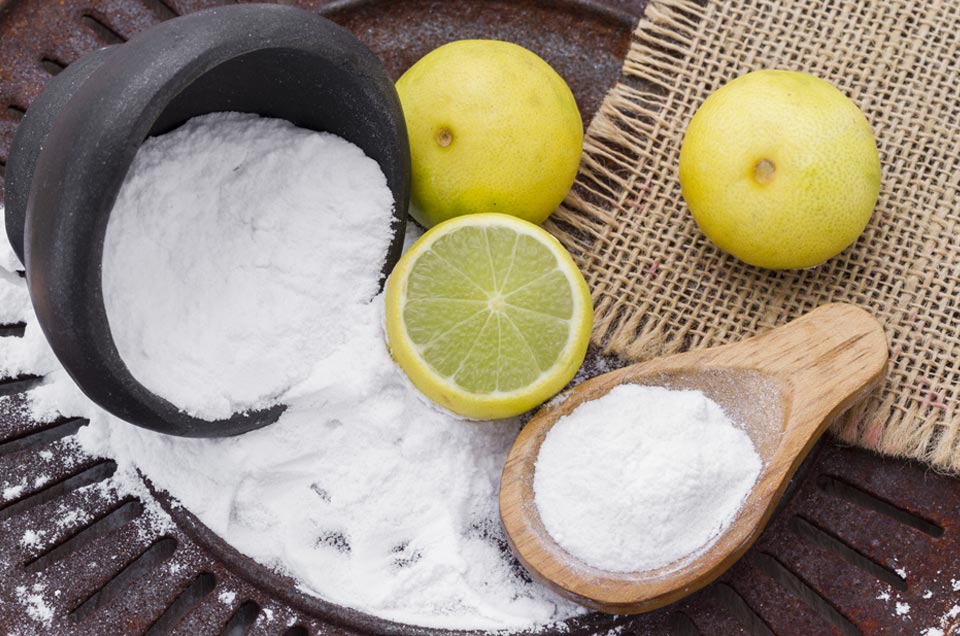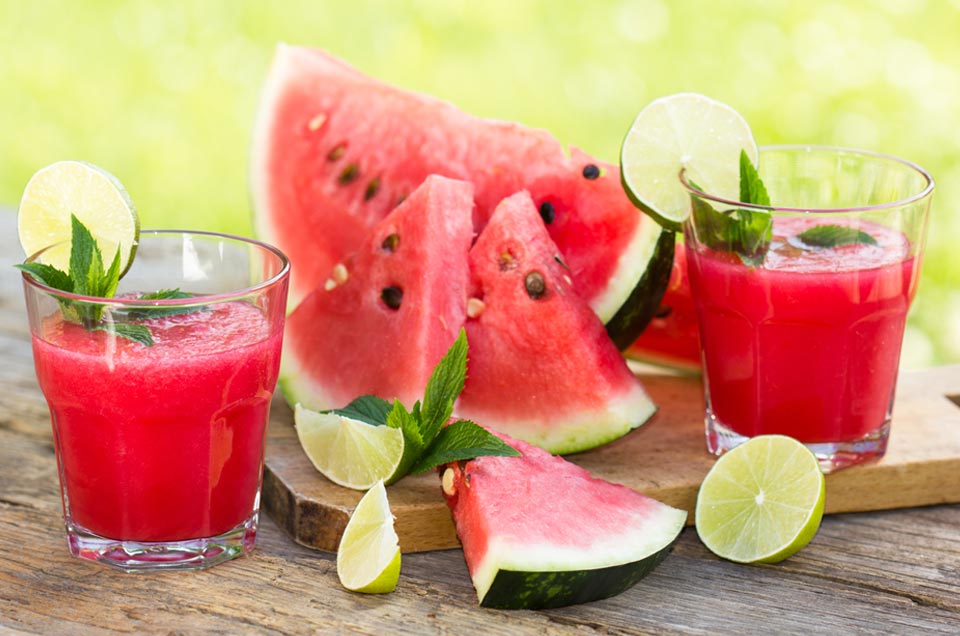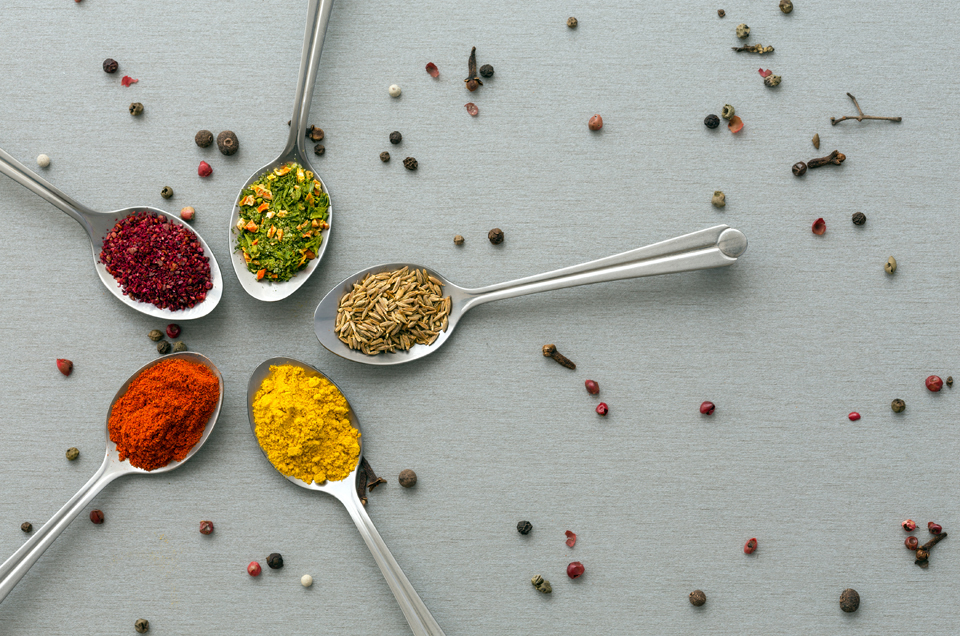- Shishira (late winter) - January, February
- Vasanta (spring) - March, April
- Greeshma (summer) - May, June
When the sun moves southward (dakshinaayana or the Southern Solstice), its rays are not direct and they tend to be less hot. The moon is more powerful in this period and hence nourishes the herbs and living beings because of its cooling effect. This period is called visarga kaala as it augments physical strength, and consists of the following three seasons.
- Varsha (rainy season) - July, August
- Sharad (autumn) - September, October
- Hemanta (early winter) - November, December
As every season has a different natural effect on the tridosha (the three biological energies), it is essential to follow special routines that are unique and suitable to the respective seasons. Ayurveda expounds the seasonal regimens under ritucharya. Ritu means season and charya means routine or regimen.
Regimen for winter (hemanta ritucharya):
Physical strength and appetite is highest in winter. In winters, the body retains heat and protects itself from the cold weather. This strengthens the digestive system and makes it capable of digesting large amounts of food. Seasonal food available in this period is also rich and nutritious. This season is particularly good for enhancing immunity (ojas).
Diet:
During the winter, one can take oils, fats, fresh milk products (yogurt, cheese), and sweet, sour and salty foods. As the external atmosphere is cold, the body retains heat and attempts to preserve it. As a result, the digestive fire (jatharagni) becomes stronger and is able to metabolise heavy foods such as fats and dairy products. Kidney beans, black beans (urad dal), grains and products made from grains (wheat, rice), special herbal wines (not to be consumed for intoxication) and honey can be taken. One should also drink warm water or ginger tea in winter.
Ayurveda discusses six tastes of food - sweet, sour, salty, bitter, pungent and astringent. Foods that are sweet, sour and salty are especially beneficial in cold, dry winters. Bitter and spicy foods should be avoided as they tend to increase dryness in the body.
Cold water, ice cream and frozen foods and drinks are not recommended. Care should be taken not to over eat and eat enough to satiate hunger. Reduced food intake in winter leads to aggravation of vata dosha.
Activity:
There is a natural accumulation of kapha due to the cold and wet environment, so efforts should be made to keep warm. Vata dosha tends to aggravate in cold weather. Warm baths and sauna, sunbaths, and living in a warm house are beneficial. Heavy, warm, dry clothes should be worn. One should massage the body and head (mainly dry rubbing) but in case there is aggravation of vata, a little warm oil (sesame, mustard or olive) may be used for better results. Oil massage eradicates dryness and replenishes the skin with moisture. Application of natural moisturizers after a bath in the morning is also advisable.
Regimen for late winter (Shishira ritucharya):
The hemanta (beginning of winter) and shishira (late winter) seasons are almost similar. Together, they are referred to as the "sheeta kaala" (cold season). Shishira marks the onset of aadaana kaala (the period of dehydration). Cold becomes severe and dryness intensify further. Occasional clouds, wind and rainfall are also features of late winter. The regimen of hemanta should be followed in shishira too. One should particularly avoid taking cold foods and drinks and vata-increasing diets (bitter, astringent and pungent tastes).
- The position of India is such that effect of sunrays is specific and that is the reason for six seasons of equal duration in India. The following description of seasons and months is based on India's location on the map, the months and seasons may vary in other regions. But you may follow the region according to the corresponding season in your zone.
- Please note that the actual classification (as given in Ayurveda texts) is done according to the lunar calendar. The solar months indicated above may not exactly match with lunar months but are just approximate equivalents of the corresponding lunar months. For example, when it is winter in India (December-January), it is summer in Australia, so people living in that region should follow the regimen for summer and not for winter.
































